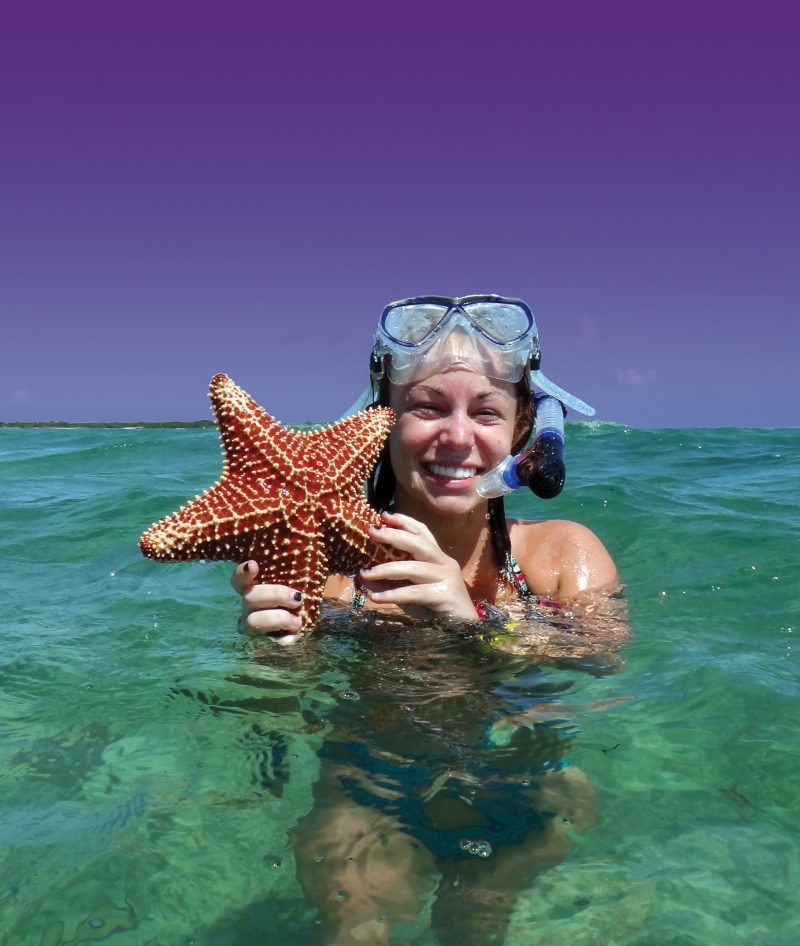Program Overview
Credits: 130
With two degree programs and a focus on hands-on lab and field experiences, our Environmental Science program will challenge you in all the best ways. We have designed our curriculum to prepare you for a variety of careers in this important and rapidly growing field.
Our undergraduate programs will help you identify and solve environmental issues through critical thinking, research, and scientific study. Faculty will personally guide and work alongside you in the classroom, field, and lab, as you learn about alternative energy systems, natural resource management, pollution control and mitigation, the effects of climate change, and more.


NUSTAR
Application now open!
The Niagara University Science Training and Research (NUSTAR) program seeks to enable self-motivated, goal-oriented, and academically exceptional students to carry out high-impact and collaborative research with Niagara’s science faculty. Successful progression in the program requires a minimum GPA of 3.5 and successful participation in NUSTAR seminars, research, and programming.
The NUSTAR program admits students majoring in any of the natural science disciplines at Niagara and provides the following benefits:
- A stipend of $6,000 per year.
- Participation in a faculty-led seminar that focuses on the research process, recent research innovations, and career development.
- An early and guided introduction to undergraduate research with a faculty member.
- Funding to travel and present research at regional and national conferences.
- Opportunities to apply for summer research funding and on-campus housing.

Extensive Field Experience and Placements
Our students frequently participate in internships (U.S. Fish and Wildlife Service, New York Department of Conservation, and more) and field courses (at national parks, the Bahamas, and Great Lakes)
Research Opportunities
We offer a robust research program with opportunities for you to engage in real-world scientific research to publish and/or present at local, regional, and national conferences.
Cross-Disciplinary Curriculum
You’ll engage with other liberal arts courses within the College of Arts and Sciences to highlight the connection between science, public policy, and communication of scientific findings.
Discovery Awaits
What You’ll Study at Niagara University
As an Environmental Studies major, you’ll complete core coursework in environmental science, supplemented by courses in other sciences, followed by a number of elective courses within the program.
We also offer a number of environmentally-relevant general education courses and electives in the departments of Political Science, English, Communication and Media Studies, and Philosophy, so you’ll have a strong foundation of ethics, integrity, and purpose in the Vincentian liberal arts tradition.


Find Your Best Self
Knowledge, Experience, and Skill Development
Critical thinking ability to problem solve and investigate hypotheses
Collaborative lab research with peers
Scientific study including experimentation, data analysis, and conclusion development
Communicate science to the broader community
Understand the connection between environmental science and public policy
Explore This Minor!
View Coursework
Pursuing a minor can enhance your academic experience and broaden your expertise beyond your major field of study. The minor coursework is designed to provide foundational knowledge and specialized skills to diversity your academic credentials and future opportunities. Explore coursework for a minor in this program!

Prepare to Soar
Academic, Experiential, and Career Pathways
Related Programs
Opportunities
- U.S. Fish and Wildlife Service
- The New York Department of Conservation (DEC)
- New York State Parks, Recreation, and Historic Preservation
- Field Ecology programs to locations like the Great Lakes, Bahamas, Everglades, and Caribbean
- TriBeta Honor Society
Careers
- U.S. Fish and Wildlife Service
- Environmental consultation
- Analytical research
- Education
- Median salary for environmental scientists $78,890 per year according to the U.S. Bureau of Labor Statistics

Ready to Apply?
Filling out an application is easy!
NU offers rolling admissions, which means that you can apply at any time for the upcoming semester. Applications are reviewed as they come in, and students are typically notified of an admission decision in 3-4 weeks. What’s stopping you?
Apply Now

